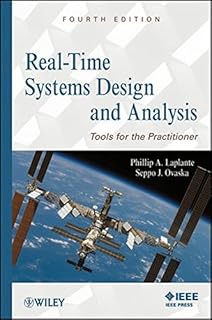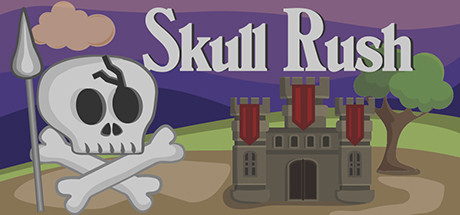
Lee Sephia Solution Manual
Advanced Strength And Applied Elasticity 4th Edition Solution Manual Advanced Strength And Applied Elasticity 4th Edition Solution Manual such as: lasso the wind egan timothy, kia sephia 2008 service repair workshop manual, infectious disease informatics syndromic surveillance for public health and bio defense integrated series in information. Mysteries By Farvour James Lee Trs 80 books ira goldklang's trs 80 revived site, trs 80 revived site is an archive of. Kia Sephia & Spectra 1994 Thru 2009 Haynes Repair Manual. Algorithms dasgupta papadimitriou vazirani solution manual Executive Intelligence What Great Leaders.
• Watch this space for important announcements. Assignments Assignments will be posted here.
• (Due on Thursday, September 11, 2014). • • (Due on Thursday, September 18, 2014). • • (Due on Thursday, October 2, 2014). • • (Due on Thursday, October 22, 2014). • • (Due on Tuesday, November 4, 2014). • and file for matlab scripts and simulink diagrams.
• (Due on Tuesday, December 4, 2014). Lecture Schedule and Notes The schedule of lectures shown below is subject to change.
We will post lecture notes for most topics and videos for selected topics. We will strive to post all material well in advance. Please take a look through them, and come prepared for class. ID Date Topics Covered Book Sections 1 Aug 26th Introduction to Cyber-Physical Systems 2 Aug 28th Motivating Examples. Modeling, Design and Verification.
Hierarchy of CPS models. Alur-Ch1 3 Sep 2nd Synchronous Models: Introduction and Examples Alur-Ch2 4 Sep 4th Synchronous Models: Sequential and Parallel Composition 5 Sep 9th Guest Lecture (Prof.
• Mathematical Models of Systems and Their Properties • Structure of Feedback Control Systems: Hands-On Introduction • Continuous Time Models: Ordinary Differential Equations. • Synchronous Discrete Models: Finite State Machines • Asynchronous Models: Network of Automata and Synchronization.
• Timed and Hybrid Models. • Property Specifications • Specification Types: Safety, Liveness, Reactivity, Stability. • -automata and temporal logics. • Verification Techniques • Model Checking • Deductive Verification: Lyapunov and Barrier Certificates • Simulation-Based Verification: RRTs and S-Taliro.
• Application Examples • Real-Time Scheduling. • Air Traffic Management. • Automotive Systems. • Excitable Cells: Heart Tissue. • Anesthesia Control.  • Insulin Infusion Control.
• Insulin Infusion Control.
Textbook Note that no existing textbook is going to cover everything in the syllabus. But one book comes close to covering mode than 80% in significant detail. Main Textbook We will be using the book • Principles of Cyber-Physical Systems by Rajeev Alur. The book will be published by MIT press in December 2014. Alur has kindly allowed us the use of a draft for use in this class.
We will distribute the relevant chapters as the course progresses. For certain parts of the syllabus, we will use different books including • by Karl Astrom and Richard Murray.
• by Edward Lee and Sanjit Seshia (Close to Prof. Alur's book but differs in emphasis on certain topics) • Surveys, Papers and Lecture Notes from various authors. Course Work Course work will involve: • Weekly assignment problems given out each week. • Some assignments may involve the use of tools such as Matlab Simulink(tm)/Stateflow(tm) and other open source tools.
• Course Project due at the end of the class. Projects may involve: • Modeling and Designing a nontrivial CPS using the ideas taught in the class, • Reading papers on a advanced topic relevant to the class, or • Working with a verification tool and evaluating it on a set of benchmarks. Exams There will be two in-class ‘‘midterm’’ quizzes that will test the material learned. Midterms will be announced two weeks in advance, and held in class.
Course Participation Class participation is awarded based mainly on your class preparation, as judged by your general attendance, classroom behavior, interaction in class, willingness to answer questions in class and at the on-line forums, and demonstrating knowledge of weekly reading during problem solving time. Grading The final grade will be calculated by adding up grades for various parts of the class: • Assignments: 60% • Project: 30% • Class Participation: 10% Collaboration Policy The collaboration policy is rather simple: • Inspiration is free: you may discuss homework assignments with anyone. You are especially encouraged to discuss solutions with your instructor and your classmates. • Plagiarism is forbidden: the assignments that you turn in should be written entirely on your own.